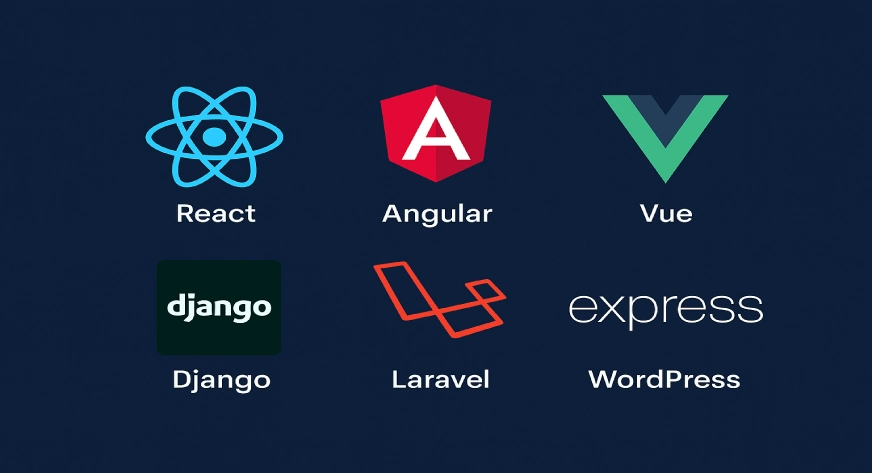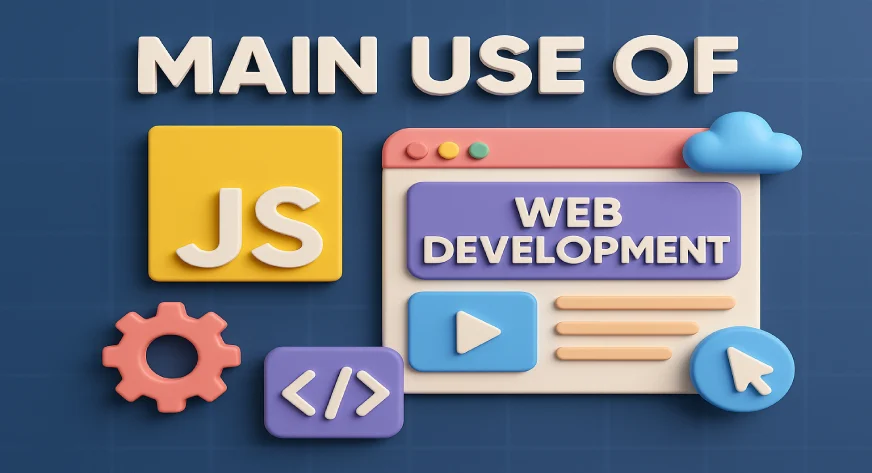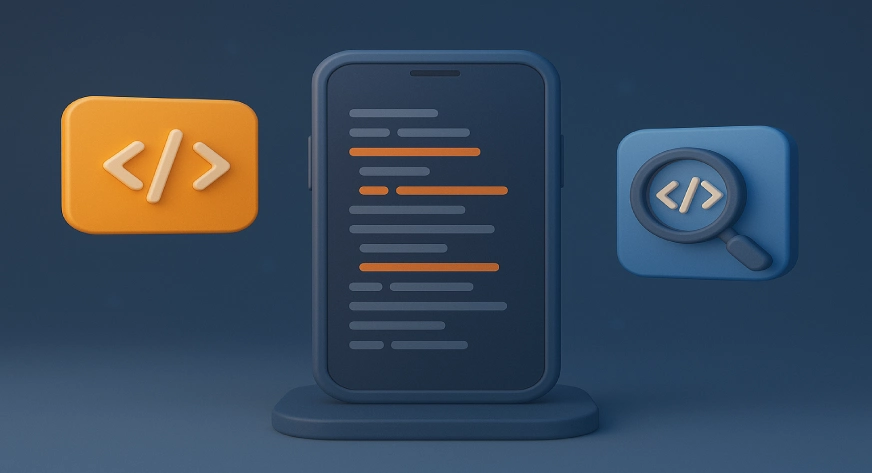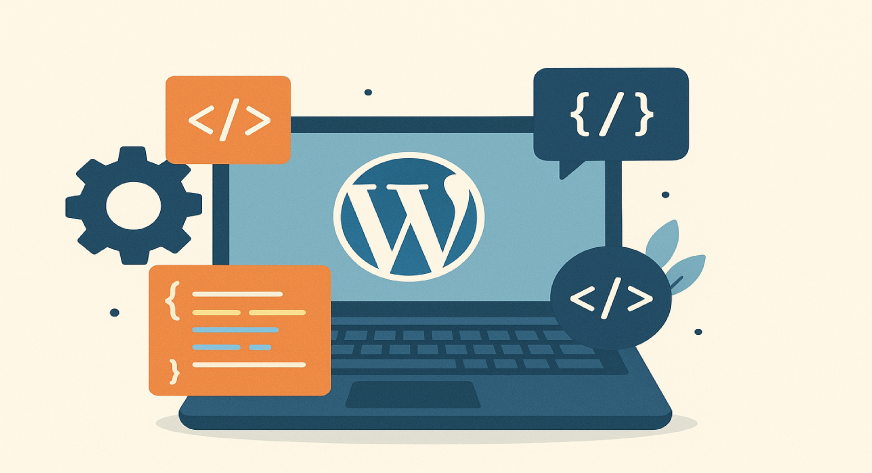Choosing the right website frameworks is one of the most important decisions developers and businesses make when building modern websites. Frameworks provide the structure, tools, and features that simplify coding, improve performance, and make websites secure and scalable. With so many options available in 2025, picking the right one can save time, reduce errors, and deliver a much better experience to users. Today we will explore some of the best website frameworks you should consider this year, with practical examples to help you understand why they stand out.
What are Website Frameworks?
A website framework is a ready-made set of code and tools that helps you build a website or web app faster. It gives you a base structure with templates, libraries, and common features so you don’t have to start from zero. Frontend frameworks like React or Angular handle the look and feel, while backend frameworks like Django or Laravel manage the server side. Using a framework saves time, keeps the site secure, and makes the code easier to update and grow.
Also Read, What is CSS in HTML and Its Types!
Best Website Frameworks

1. React.js
React remains one of the best website frameworks for building dynamic user interfaces. Backed by Meta and a huge community, it allows developers to build components that can be reused across projects. Its virtual DOM improves speed, making websites highly responsive.
For example, popular platforms like Netflix and Instagram continue to rely on React for smooth navigation and interactive elements. If your project needs a highly engaging frontend, React is still a safe bet in 2025.
2. Angular
Developed by Google, Angular is known for building large-scale applications. It provides everything in one package ,routing, state management, testing tools, and more. Unlike React, which focuses mainly on the UI, Angular is a complete framework.
Government portals, enterprise dashboards, and e-commerce platforms often use Angular because it provides structure for complex applications. Its TypeScript base also makes the code more predictable and easier to maintain over time.
3. Vue.js
Vue.js is loved for its simplicity and flexibility. Many developers prefer it because it is easy to learn while still powerful enough to build advanced applications. Its progressive nature means you can start small and gradually add features as your project grows.
Small businesses and startups often choose Vue because it offers a perfect balance between performance and ease of use. Even large companies like Alibaba have adopted Vue for building fast and user-friendly websites.
4. Next.js
Next.js, built on top of React, is ideal for developers who want server-side rendering and SEO-friendly websites. It has become a favorite for creating fast-loading websites with great search engine visibility.
For example, e-commerce platforms often prefer Next.js because it allows dynamic product pages to load quickly while still being discoverable by search engines. Its built-in features like API routes and image optimization save a lot of development time.
5. Django
For backend development, Django continues to be one of the best website frameworks in 2025. Written in Python, it comes with built-in security, scalability, and tools for database management.
Websites like Instagram and Pinterest originally used Django to handle millions of users. If you want a framework that ensures strong security and rapid development, Django is a proven choice.
6. Laravel
Laravel, based on PHP, is another popular backend framework. Its clean syntax and large ecosystem make it beginner-friendly while still powerful for advanced projects. Features like Blade templating, Artisan command-line tool, and robust authentication are big advantages.
Many e-commerce sites, news portals, and service platforms rely on Laravel because it provides everything from routing to caching in a developer-friendly way.
7. Svelte
Svelte has gained rapid popularity in 2025 for being different from frameworks like React or Vue. Instead of handling updates in the browser, Svelte compiles the code at build time, resulting in faster performance and smaller file sizes.
For projects where speed is the highest priority, like landing pages or interactive dashboards, Svelte is a framework worth considering. Its learning curve is also smaller compared to Angular or React.
Also Read , What is Content Management System and how it help for the website!
How to Decide Which Framework is Right for You?
Choosing the right framework depends on:
- Future Growth – If you expect your site to scale rapidly, choose frameworks known for scalability like Angular or Django.
- Project Type – Use React or Vue for interactive frontends, Django or Laravel for strong backends, and Next.js for SEO-heavy websites.
- Team Expertise – Pick a framework your developers are comfortable with to avoid unnecessary delays.
- Community and Support – Frameworks with larger communities mean quicker solutions to problems.
Final Thoughts
The right website frameworks can save time, reduce costs, and deliver a better experience to both developers and users. Whether you need fast-loading pages, strong backend systems, or interactive interfaces, the options in 2025 are more powerful and flexible than ever. By matching the framework to your project’s goals, you ensure long-term stability and performance.
Webworks Co. offers reliable and future-ready IT solutions tailored to modern business needs. From custom software development and secure cloud services to system integration and ongoing support, the team ensures smooth operations and scalable growth. Their focus is on building efficient, secure, and cost-effective technology that helps businesses thrive in a competitive environment.
Frequently Asked Questions
Q1. What does a web framework do?
A web framework provides ready-made code and tools to help build and manage websites or web apps quickly and efficiently.
Q2. Is HTML a web framework?
No, HTML is a markup language for structuring web pages, not a framework.
Q3. Which framework is used for websites?
Popular website frameworks include React, Angular, Vue (frontend) and Django, Laravel, Express (backend).
Q4. Is WordPress a website framework?
No, WordPress is a content management system (CMS), not a full web framework.










